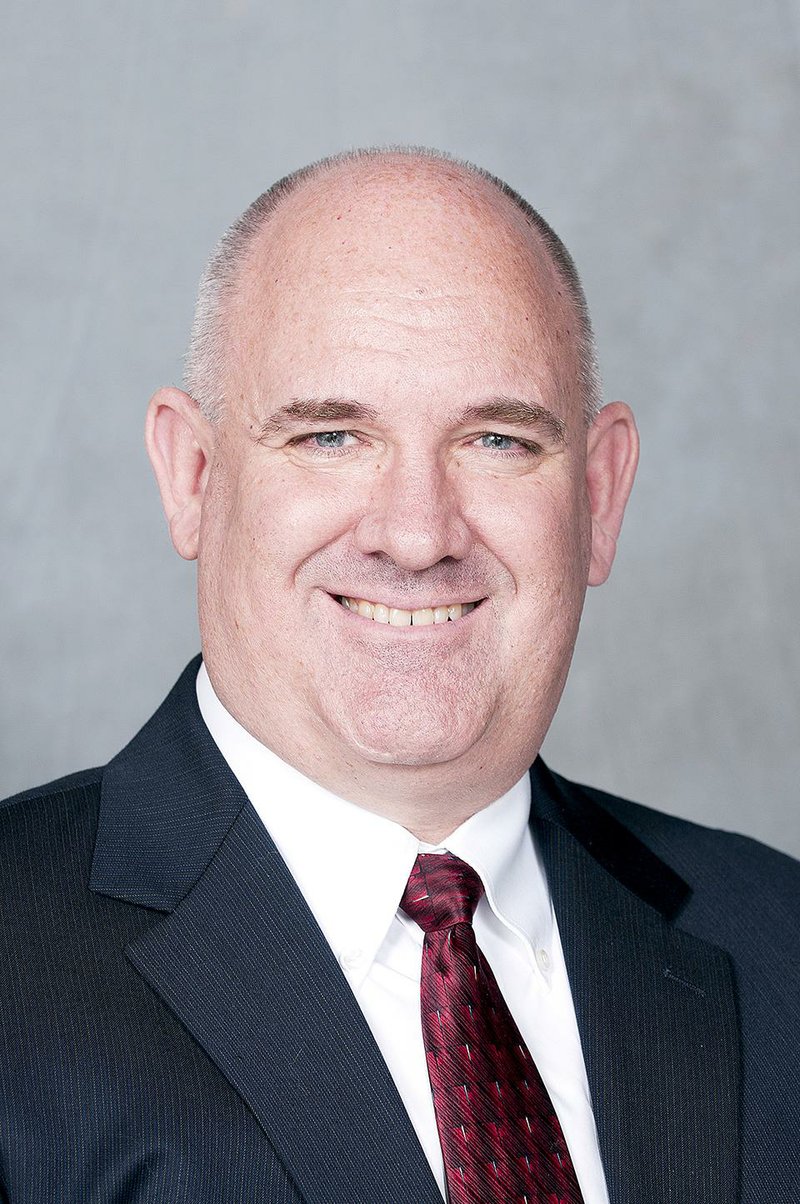Raising taxes, or creating new ones, hasn't been a hallmark of the legislative session that began in January, but the House Public Transportation Committee found an exception Thursday. Sort of.
The committee endorsed by voice vote a new tax to raise money for highways, although the bill's sponsor and state highway officials insisted it would be limited solely to a research project using only volunteers and funded with federal money.
Under House Bill 1716, the volunteers would be subject to a tax of 1.5 cents for every mile they drove. They would pay what has been dubbed a vehicle miles traveled, or VMT, tax in lieu of fuel taxes.
The new tax has been weighed as an option on the national level as a replacement for the federal tax on gasoline and diesel, revenue which pays to help maintain the U.S. roadway system. Federal fuel taxes have been diminished by tougher rules increasing fuel efficiency for cars and trucks.
More efficient vehicles pay less in fuel taxes even while traveling longer distances and inflicting more wear on roadways. Other vehicles, such as those powered by electricity, pay no fuel taxes. That means less revenue even though more vehicles would be on the road.
Under a vehicle miles traveled tax, users of all vehicles would pay in proportion to how many miles driven and provide a more stable source of revenue for road maintenance and construction. Several states have embarked on similar studies of the tax, but to date no one has adopted it for widespread use.
Arkansas highway officials want to use the research project as a way to figure out how they would implement, administer and collect the tax if it were adopted on the national level.
"At the end of this study, we will be more educated about it," Rep. Mathew Pitsch, R-Fort Smith, the bill's sponsor, told the House Public Transportation Committee. "This truly is a learning device to learn how the program works."
Under the bill, the research project would be limited to no more than 5,000 volunteers.
The proposal also limits the kinds of vehicles that can participate, based on fuel efficiency. No more than 1,500 vehicles involved in the project could have a rating of fewer than 17 miles per gallon. Vehicles with a rating between 17 mpg and 22 mpg also would be limited to 1,500.
Pitsch acknowledged receiving a "multitude of emails" largely in opposition to the bill that centered mainly on a wariness that it represented a first step to adopting the tax for everyone.
"I don't think there is the will of this body to vote this on their citizens," Pitsch said.
Rep. Jana Della Rosa, R-Rogers, said she agreed with the view that the bill represented a "slippery slope."
"It's voluntary now, but if we follow down this path, it will be involuntary," she said.
Della Rosa also expressed concern about how data would be collected as outlined in the bill, which would make the information available to law enforcement.
"It says, 'Big Brother is watching.'"
But Pitsch said police could only obtain the information with an affidavit for probable cause.
Under the bill, the Arkansas Highway and Transportation Department would develop at least two methods to record and report the number of miles that the vehicles in the research project travel on Arkansas roads -- one method can't be vehicle location technology, such as GPS. The volunteers could choose which method they prefer.
Metro on 03/20/2015
